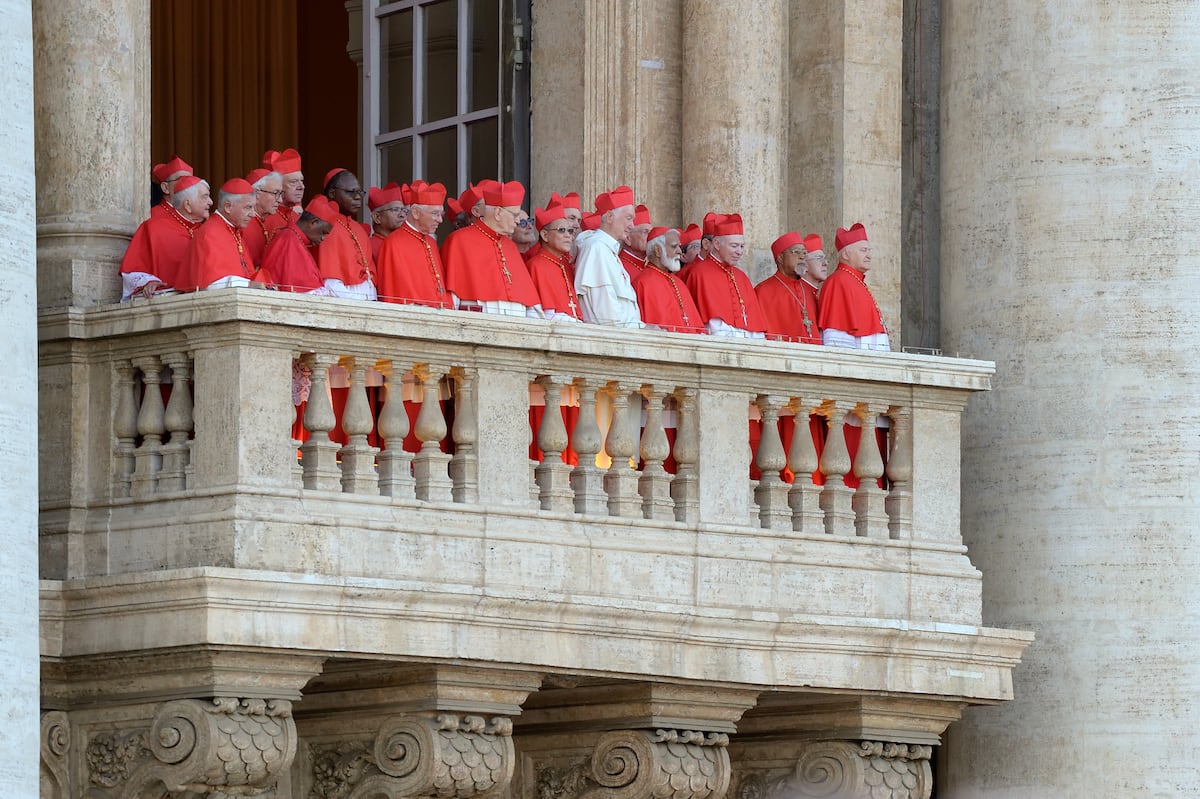
"The conclave that elected Pope Leo XIV was swift, with the election of Robert Francis Prevost surprising many who had expected Pietro Parolin as the clear favorite."
"Rumors around Parolin's health and controversies regarding the case of Cardinal Becciu significantly weakened his position going into the conclave."
"The first vote for Parolin was critical; a poor showing would have mirrored past surprises like the election of Pope Francis in 2013."
"Prevost emerged as a dark horse candidate, receiving strong initial support and objections being minimal compared to others."
The conclave that elected Pope Leo XIV was characterized by unexpected outcomes and rapid decision-making, culminating in the selection of Robert Francis Prevost over frontrunner Pietro Parolin. Analysts suggest that Parolin's weakened position due to health concerns and controversies, particularly his handling of Cardinal Becciu's case, contributed to his demise. The dynamics mirrored past conclaves where favored candidates faltered early, emphasizing the unpredictable nature of such elections. Prevost's eventual win highlights the influence of preliminary vote counts and the importance of backing from influential cardinals, marking a strategic shift in papal selection.
Read at english.elpais.com
Unable to calculate read time
Collection
[
|
...
]